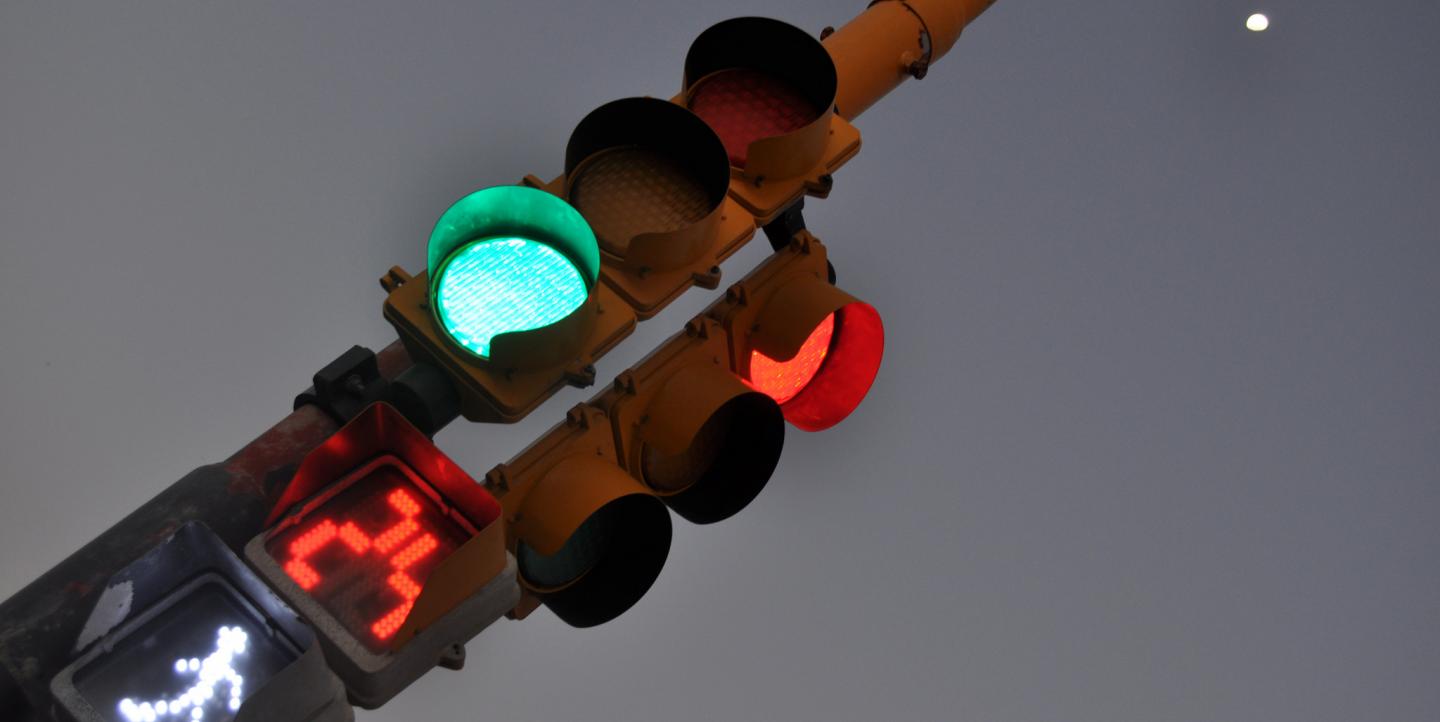How Google News’ new tag emphasizes fact-checking, ReliefWeb’s new apps and more in this week's Digital Media Mash Up, produced by the Center for International Media Assistance.
Google News' latest tag aims to shine a light on fact-checks
Google has introduced a new tag to highlight fact-checking coverage from organizations such as Full Fact and Politifact alongside daily stories.
The feature became available yesterday and works for articles readers find by searching on news.google.com. (Journalism.co.uk, 10/14)
ReliefWeb launches four new apps
The United Nations’ humanitarian information source on global crises and disasters has just rolled out a new feature — on mobile.
ReliefWeb, the specialized digital service of the U.N. Office for the Coordination of Humanitarian Affairs, has launched four mobile apps, each catering to the specific interests of its users. (Devex, 10/11)
What can and can't you say on social media?
The First Amendment protects individuals from government censorship. Social media platforms are private companies, and can censor what people post on their websites as they see fit. But given their growing role in public discourse, it’s important to ask ourselves – what exactly are their censorship policies? How do they compare to each other, and to the First Amendment’s protections? (Newseum Institute, 10/11)
Digital news reports: Brand and trust in a fragmented news environment
Are digital and social media fuelling a more partisan, less rational political discourse? With more people relying on social media for news, both the Brexit result in the U.K. and the rise of Donald Trump in the U.S. have raised concerns around the growth of echo chambers and the reliability and accuracy of news on social media — while trust in mainstream news is low in many countries. (Reuters Institute for the Study of Journalism, 10/2016)
CIMA offers the Mash Up free via email. Sign up here.
Main image CC-licensed by Flickr via Christian.


